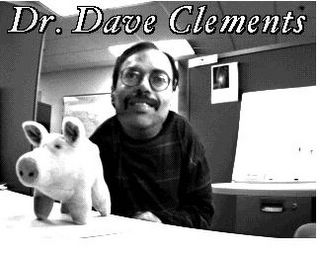The Depths of the Stereotypical
Last night I was watching DOOM on HBO. It's a pretty bad movie--I was surprised it received two stars. It was a pretty good recreation of the classic FPS game, and The Rock pulled through with his usual performance.
But what the film most made me think about was, why there is such a market for B-rated genre films (and books). Why do people eschew the "good" for the "bad" in fiction? I think it's partially because the "rules" of modern fiction are a 19th and 20th century fabrication. Since the era of Sigmund Freud, psychological realism has served as the foundation of any successful narrative art form.
Yet, throughout most of literary history, what we perceive as realism has not mattered to the artist or his/her audience. I'm thinking of, for example, the No plays of ancient Japan, the Greek tragedies, or the myths of Near East Semitic peoples. What matters in these works is not the struggle of everyday men and women against ordinary reality, but rather the Meta-Reality of life's purpose, the meaning of the universe, life and death.
B-movies SF and horror movies, which rely on form much more than substance, reach back into that ancient world of Heroes, Gods, and Demons. The flat characters serve as a reassuring base from which to probe life's mysteries (and miseries) without succumbing to despair. Genre fiction is the mythos of the Age of Science.
Subscribe to:
Post Comments (Atom)

No comments:
Post a Comment